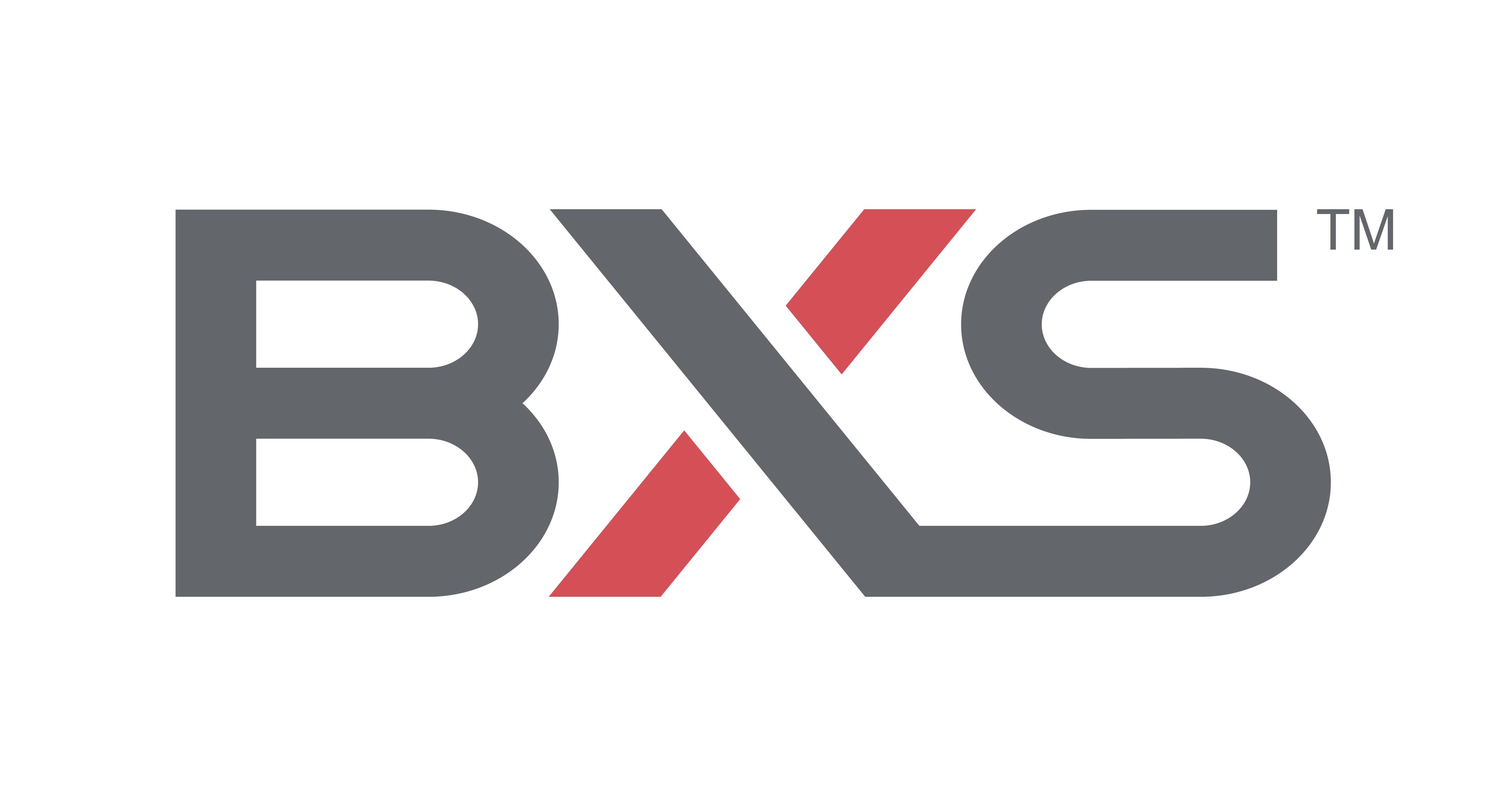June 27, 2024
Thought Leadership
BXS’ CEO Steve Bonanno Discusses Market Reform – Traders Magazine
Market Structure Reforms Challenge Broker-Dealers
The SEC’s amendments to Rule 605, which are the first major overhaul of publicly disclosed execution quality statistics in over 20 years, are wide-ranging and will create real challenges for broker-dealers, according to Steve Bonanno, CEO of BXS.

The rule now covers brokers who introduce or carry 100,000 or more customer accounts, meaning that a significant number of firms will need to comply for the first time, he said.
But the amendments will also have significant implications for those who already fell under the existing scope, Bonanno added.
“Separate reports for single-dealer platforms, the addition of four new order type categories, and the adoption of several new and highly granular statistical measures are just a few of the challenges at play,” he noted.
“It’s nothing insurmountable, but it will still require many broker-dealers to undertake a highly complex evolution of their existing reporting operations. The time to start preparing is now,” he commented.
On March 6, the Securities and Exchange Commission adopted rule amendments that update the disclosure required under Rule 605 of Regulation NMS for order executions in national market system stocks (NMS stocks), which are stocks listed on a national securities exchange.
The final amendments expand the scope of entities subject to Rule 605, modify the categorization and content of order information required to be reported under the rule, and require reporting entities to produce a summary report of execution quality.

“As passed, the rule will provide more disclosure on how covered orders are routed for NMS stocks,” said Stephen Bohm, Senior MD, Head of Sales and Relationship Management, Clearpool.
He said that historically Rule 605 data was not easily digestible by the human eye, adding that “this rule will require reporting entities to also produce a summary execution quality report so investors can evaluate the quality of the executions they are receiving from their broker-dealers”.
He added it remains to be seen if retail investors will take the time to review the reports and take action on the data provided in the reports.
“But overall, we support any level of additional transparency in order routing disclosures that will potentially lead to better quality executions for all market participants,” he said.
Peter Gargone, CEO of n-Tier, argued that broker-dealers across the board also have additional reporting obligations as part of these revisions, such as publishing more detailed reports including execution metrics (such as Effective/Quoted, Size Improvement, Percentage Effective and Realized Spreads), reporting on new order type categories and measuring by notional value, reducing timestamp granularity to milliseconds and more.
In addition to the detailed reports, firms will now be required to provide a summary report for external audiences that is more easily digestible, he said.
“With these changes, coupled with the volume of data regulators have in CAT, we expect to see even more of a focus on data validation and overall data quality in submitted reports,” Gargone said.
“So, while firms have 18 months to comply, it is critical to focus now on data quality and completeness to ensure accurate reporting and avoid potential fines associated with incomplete data,” he said.

When asked about other SEC market structure proposals that are important for broker-dealers, Gargone said there are significant proposals under review that would dramatically alter execution obligations including: Order Competition Rule – To promote open competition, wholesalers would be required to list orders from natural persons in trading centers for public auction before executing internally; Rule 612 Regulation NMS Minimum Pricing Amendments – Stock quoting and trading would be subject to variable minimum pricing increments, reducing current penny spreads to as low as 2/10th of a penny; Volume-Based Exchange Transaction Pricing Revisions – Exchanges would be prohibited from providing volume-based transaction pricing based on agency and order routing decisions; and Market Data Infrastructure Rule (MDIR) – Changes include an updated round lot definition, inclusion of odd lots in the NBBO, replacing single SIP with multiple SIPs to foster competition and more.
Bohm said the biggest reform to markets will potentially come from the Minimum Pricing Increment and Access Fee Caps rule.
“It fundamentally changes all aspects of our current market microstructure, and is the biggest reform proposed since Reg. NMS. We are eager to see this final rule,” he said.
“The other rule we are keeping an eye out for is the Order Competition Rule,” he added.
As retail investing continues to rise, institutional broker-dealers are seeking ways to effectively interact with that flow, Bohm said.
“In our comment letter, we stated that with some revision, auctions could be a viable mechanism where retail and institutional flow could naturally engage, but we don’t believe they should be mandated,” he said.
Bonanno added that the regulators have given broker-dealers “plenty to think about of late, but one challenge that stands out is the SEC’s expanded definition of the term “dealer”, which will likely require many firms – particularly smaller ones – to register with FINRA for the first time”.
“Between these changes and the SEC’s other equity market structure proposals released in 2022, compliance teams will face an incredible amount of pressure over the next year or two,” he said.
